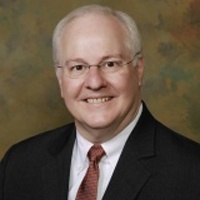Basile Collection Lawyer, Louisiana
Sponsored Law Firm
-
 x
x

Click For More Info:
-
Simon, Fitzgerald, Cooke, Reed and Welch
4700 Line Ave Ste 200 Shreveport, LA 71106» view mapBankruptcy & Debt Law Experienced Attorneys Serving You
The law firm of Simon, Fitzgerald, Cooke, Reed and Welch has helped thousands of people find true relief from debt through bankruptcy
800-769-0341
J. David Andress
✓ VERIFIEDJ. David Andress is a 1999 graduate of LSU, where he earned a Bachelor of Science degree in Microbiology and a Bachelor of Arts degree in History. He... (more)
Sean Matthew Stockstill
✓ VERIFIEDMr. Stockstill graduated from Louisiana State University (B.A. 2005) and Louisiana State University Law Center (J.D./D.C.L. 2009). Admitted to the Lo... (more)
William S Sandoz
✓ VERIFIEDW. Simmons "Sim" Sandoz – the fourth-generation family attorney – who upon graduating from Loyola University Law School of New Orleans in 1977, jo... (more)
FREE CONSULTATION
CONTACT Lars Levy Ste 200 Shreveport, LA
Lars Levy Ste 200 Shreveport, LA AboutSimon, Fitzgerald, Cooke, Reed and Welch
AboutSimon, Fitzgerald, Cooke, Reed and Welch Practice AreasExpertise
Practice AreasExpertise



